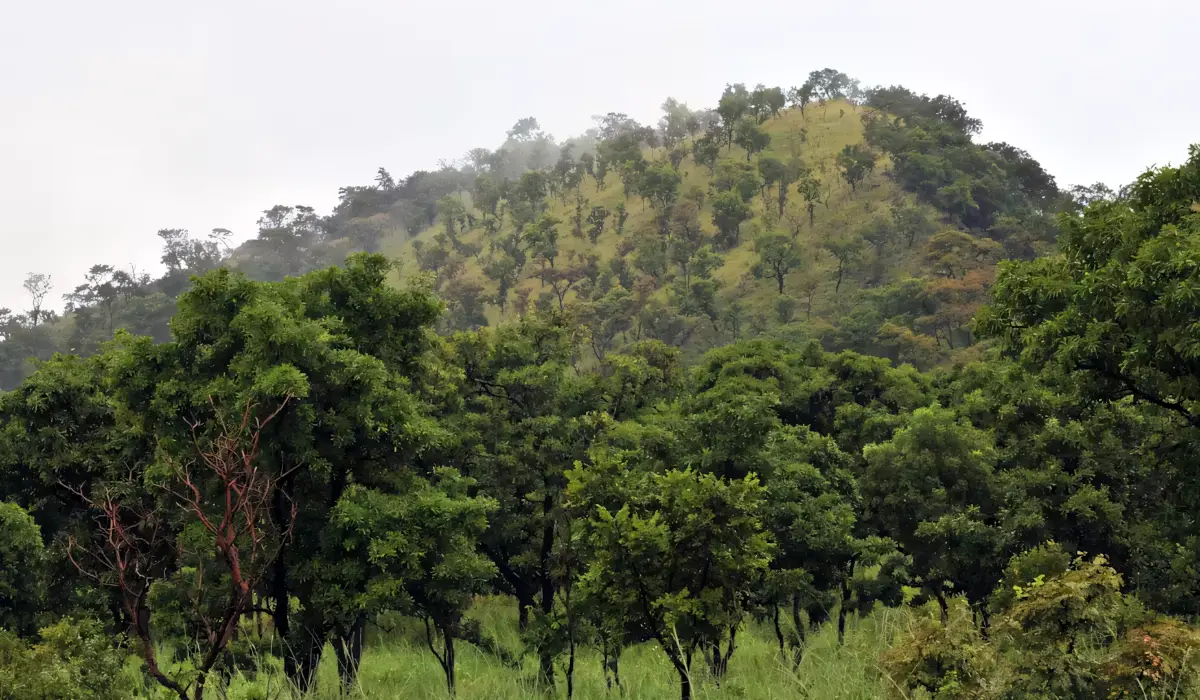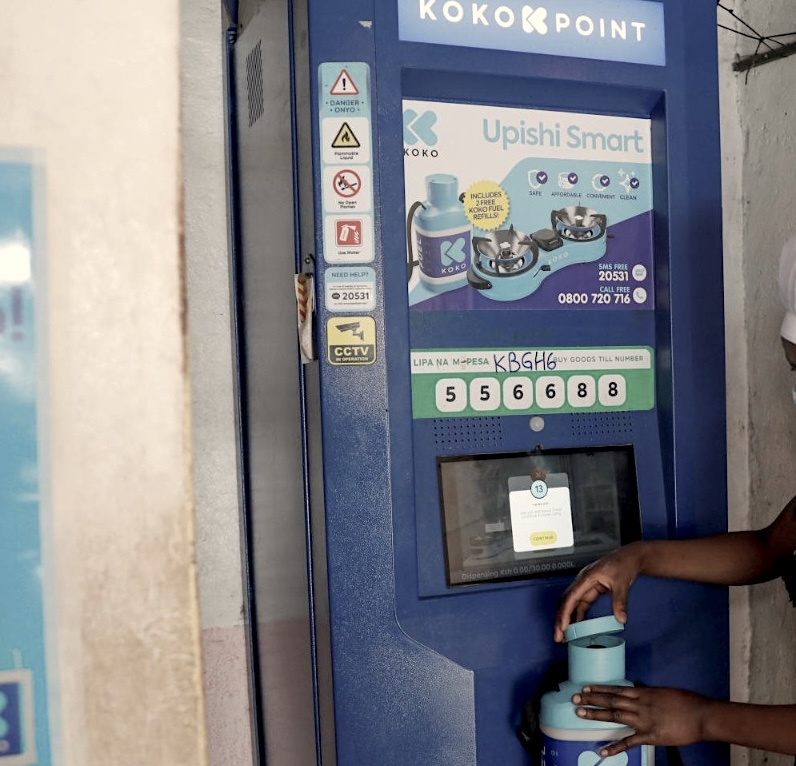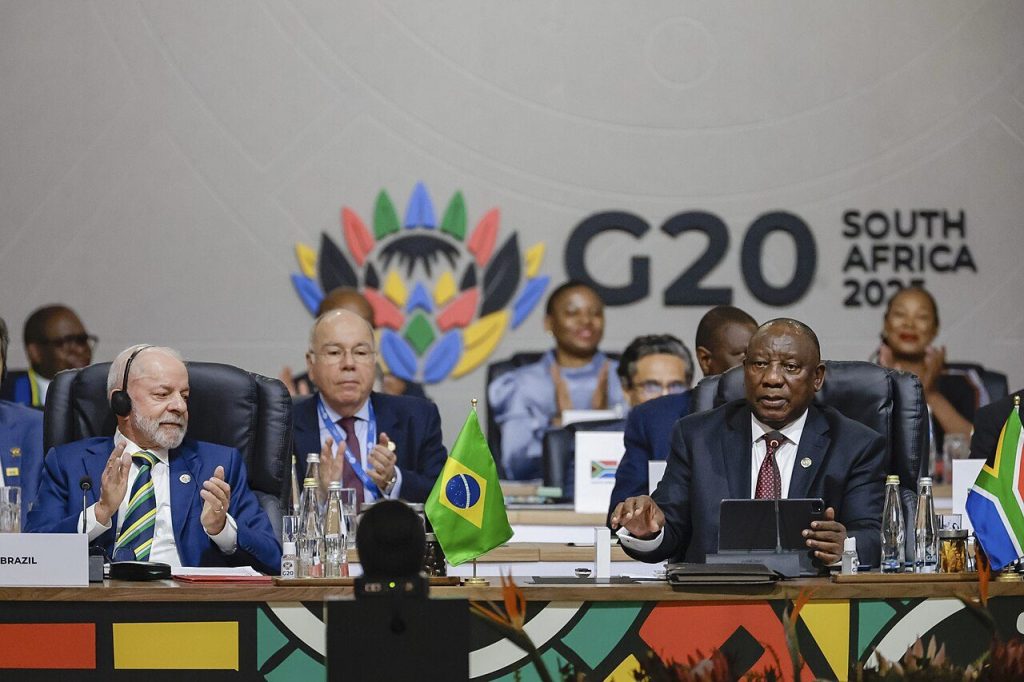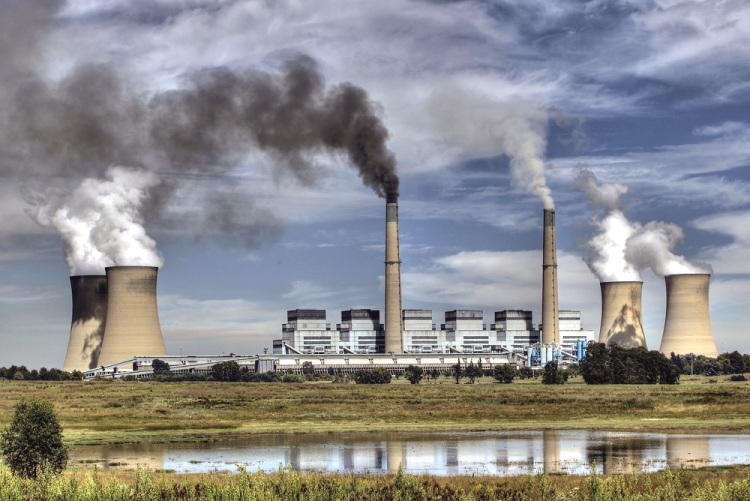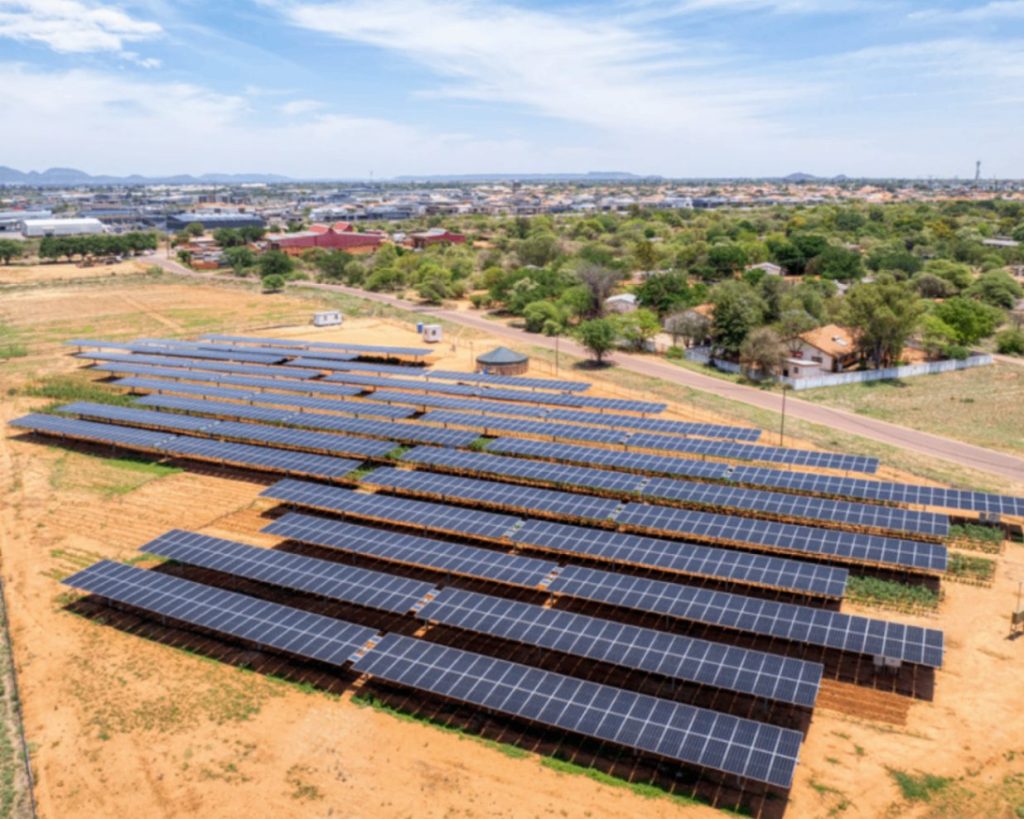Last year the carbon market came under immense public and media scrutiny following questions on project integrity and their trickle down benefits to communities. Multiple African carbon projects came under the spotlight, including the Kariba carbon megaproject in Zimbabwe, for allegedly claiming between 5 and 30 times more emission reductions than it had actually achieved, something its developer SouthPole strongly denies. On the back of this, demand for credits dipped in 2023, with many large buyers including Gucci, Nestle, and Delta pausing credit purchases, citing concerns with the integrity of the market coupled with adverse macroeconomic conditions. Globally there was a 22% reduction in market demand, with demand falling the most for renewable energy projects and credits issued for avoided deforestation projects, given concerns about their integrity.
African projects were amongst the hardest hit by the downturn, particularly forestry and cookstove projects. Jointly REDD+ and clean cookstove projects make up about 90% of the continent’s credit supply. REDD+ projects, award credits to projects that avoid deforestation, forest degradation or which promote sustainable forest management. REDD+ is the world’s largest single category of projects, representing 28% of all credits issued since 2016. Concerns around the integrity of these projects, whether carbon offset projects were “additional” or the claimed emissions reductions would not otherwise have happened in the ordinary course, and whether monitoring methodologies are sufficiently sound to accurately detect emissions reductions, are often raised. Cookstove projects, where high emitting cookstoves in communities are replaced with low emission ones, also raised similar concerns. Following the downturn in demand, over-the-counter carbon credit prices dropped 30-50% from their peak back to 2021 levels. Average credit prices moved to $3 for renewable energy carbon credits and $13 for REDD+ projects. To make up in the fall in demand for forestry project credits, there has been an increase in demand for energy efficiency and fuel switching project credits, leading to a low, but still healthy, 11% overall increase in market demand over the past year.
Optimism in the market has also been tempered by scepticism that credits were being used by buyers to greenwash their activities, and as an excuse to keep polluting. This has been exacerbated by a lack of transparency on project finance, where revenues go and the extent to which local communities really benefit. Others have queried whether some projects on the continent, particularly large land use activities are driving a form of colonialism where African nations are losing land to enable developed countries to continue polluting.
African countries have borne the brunt of a historically poor uptake in carbon markets. It was a small player in the former Clean Development Mechanism (CDM), where the relatively higher cost of project development and monitoring and verification in Africa, coupled with lower opportunities for point source emission projects, and weaker market prices for credits, made project development unattractive. This remains the case with African projects assuming a 16% global market share, with high investment risk, high upfront project development costs, and regulatory complexity cited as ongoing challenges. Perversely even though the continent hosts projects that typically command relatively high carbon prices on credit sales, anecdotal evidence suggests that for these same project types, African projects receive a much lower price per credit. A major driver of this price disparity is that African generated credits, reportedly valued somewhere around $7-$12, cannot be used within Europe’s compliance market, where credits typically generate a far higher price, around $109 or $110.
Launched at COP27 in 2022, the African Carbon Markets Initiative aims to overcome some of these challenges. It highlighted that measures such as the Council for Voluntary Carbon Markets Core Carbon Principles, will raise the integrity bar considerably. They also point to standard bodies which issue carbon credits, publishing updated methodologies (rule books for how certain project types should be developed) for cookstove projects, and a forthcoming REDD+ methodology which will boost integrity and accuracy. Most of all, though, African countries need to boost the price they receive for carbon credits, governments must create a stable regulatory landscape, suppliers need to develop high integrity and high equity projects, and buyers need to make and action credible net-zero commitments that prioritise the decarbonisation of their own operations.
ACMI is working on all of the above, and is seeking to foster an African carbon market that leads to the retirement of 1.5-2.5 gigatonnes of CO2e, mobilises $120-200 billion in capital and creates 190 million jobs. It has made strides with this in the last year and has engaged with seven African countries, including Kenya, Mozambique, Nigeria, the DRC, Malawi, Rwanda and Ghana to develop carbon market activation plans. It has also signed $1billion in intent from various buyers to purchase high integrity African carbon credits. But if it is to play the continental leadership role it seeks, it needs greater African representation at the top. Its steering Committee is primarily made up of philanthropies and representatives of international carbon standards and NGOs, with only one government representative from Africa, Nigeria’s former Vice President, Yemi Osinbajo. Leaders from African countries have expressed their support for the organisation, including Kenyan President William Ruto, and in May this year the African Development Bank joined as a member. If African countries really want to champion reforms to realise a high integrity market that truly benefits African economies, they need to be both working alongside and working within this voluntary body, to present a unified message and approach that reflects national and regional priorities and concerns.

